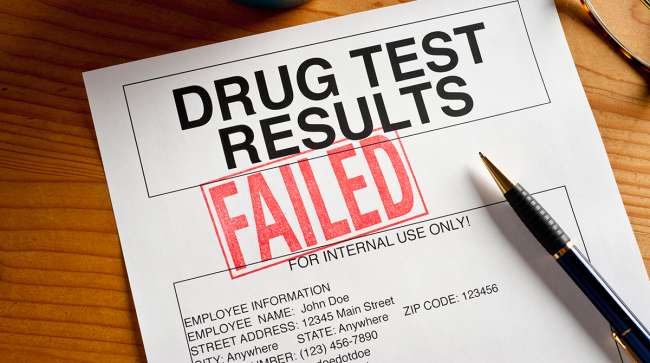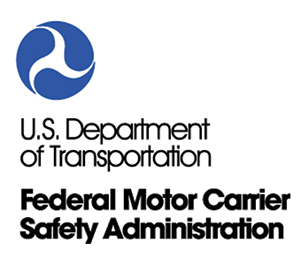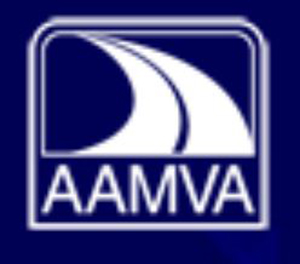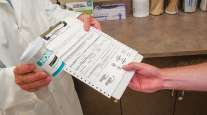Senior Reporter
Drug Clearinghouse Rule Fails to Give State Agencies Proper Authority

A glitch in the federal drug and alcohol clearinghouse final rule requires state licensing agencies to check the database for drivers who have flunked their drug tests, but fails to give state agencies the regulatory authority to take action by downgrading or declining to issue a commercial driver license to those drivers.
Federal Motor Carrier Safety Administration officials have yet to explain the reason for the glitch in the 2016 final national clearinghouse rule, other than to say they followed the guidance contained in the MAP-21 transportation law. As a result, FMCSA has drafted an amended notice of proposed rulemaking to fix the oversight, according to an agency statement provided to Transport Topics.

The proposed rule, targeted for publication in the Federal Register in September, will include language that will give state licensing agencies the authority they have requested, FMCSA said. After publication of the proposal there will be a period for public comment.
Specifically, the draft of the amended proposed rule mandates that state licensing agencies check the clearinghouse before issuing, renewing, transferring or upgrading a CDL to any driver with a verified positive controlled substances test result, an alcohol confirmation test with a concentration of .04 or higher, a refusal to submit to a drug or alcohol test or an employer’s actual knowledge of prohibited drug or alcohol use.
The clearinghouse is intended to ensure that drivers can’t fail a test with one carrier and move on to retake the test at a different carrier that might have no knowledge of the previous drug test failure. Employers must report to the clearinghouse database all driver test failures, refusals to take tests, negative return-to-duty test results and actual knowledge of use violations.
“Until the final rule came out in December 2016, we really didn’t think things through,” Cian Cashin, director of government affairs for the American Association of Motor Vehicle Administrators, told TT. “But that’s when we said we’re lacking the authority to do this.”
In June 2017, AAMVA, a trade organization whose members include state motor vehicle departments, sent a letter to FMCSA pointing out that some states were concerned that they may not have the legal authority to pull a driver’s commercial license just for failing a drug or alcohol test or refusing to take the test. To date, Cashin said there has been no formal FMCSA response to AAMVA’s letter.
However, FMCSA said that the agency had a telephone conversation about the letter, which will be included in the proposed rule docket.
The 2016 clearinghouse rule requires that the government’s clearinghouse database be up and running by Jan. 6, 2020.
“The failure of a drug test is not something that you get your license suspended for,” said Kevin Lewis, AAMVA’s director of driver programs. “When FMCSA published the rule they said you can’t issue a CDL if you have a positive drug test. That’s wrong.”

In its letter to FMCSA, AAMVA said that both MAP-21 and the final clearinghouse rule require licensing agencies to query the clearinghouse database, but that “neither the regulations nor the statute identify what actions a [state licensing agency] is expected to take once that query has been performed.”
“Substance test failures recorded by the clearinghouse do not currently necessitate any action by state authorities,” AAMVA wrote. “The rationale of the drug and alcohol clearinghouse from inception was to provide employers, not state governments, with the ability to make informed decisions regarding who to employ in their services. It is not currently a crime to fail a drug test.”
AAMVA also said that administering “negative repercussions” on commercial licenses where no crime has been committed exposes the state agencies to liability issues and compromises the intent of the clearinghouse.




